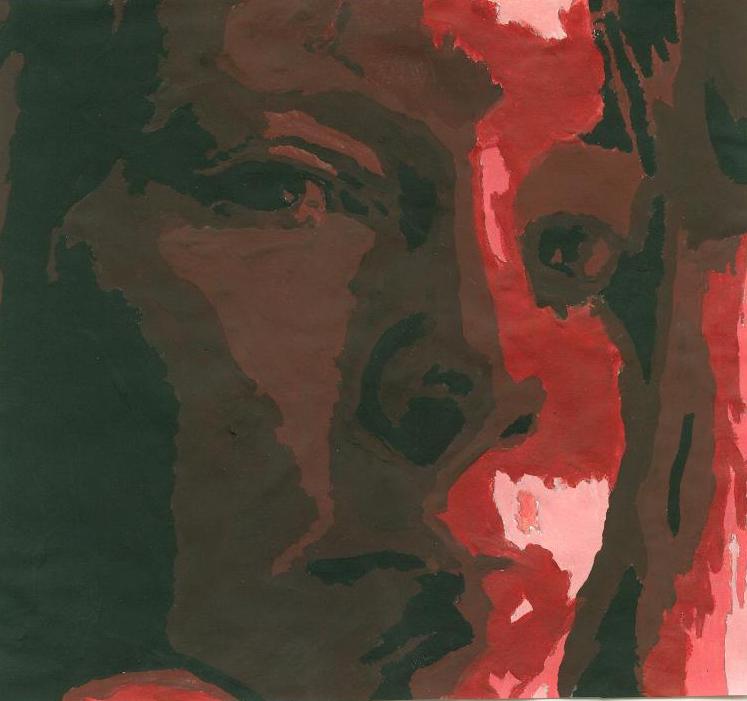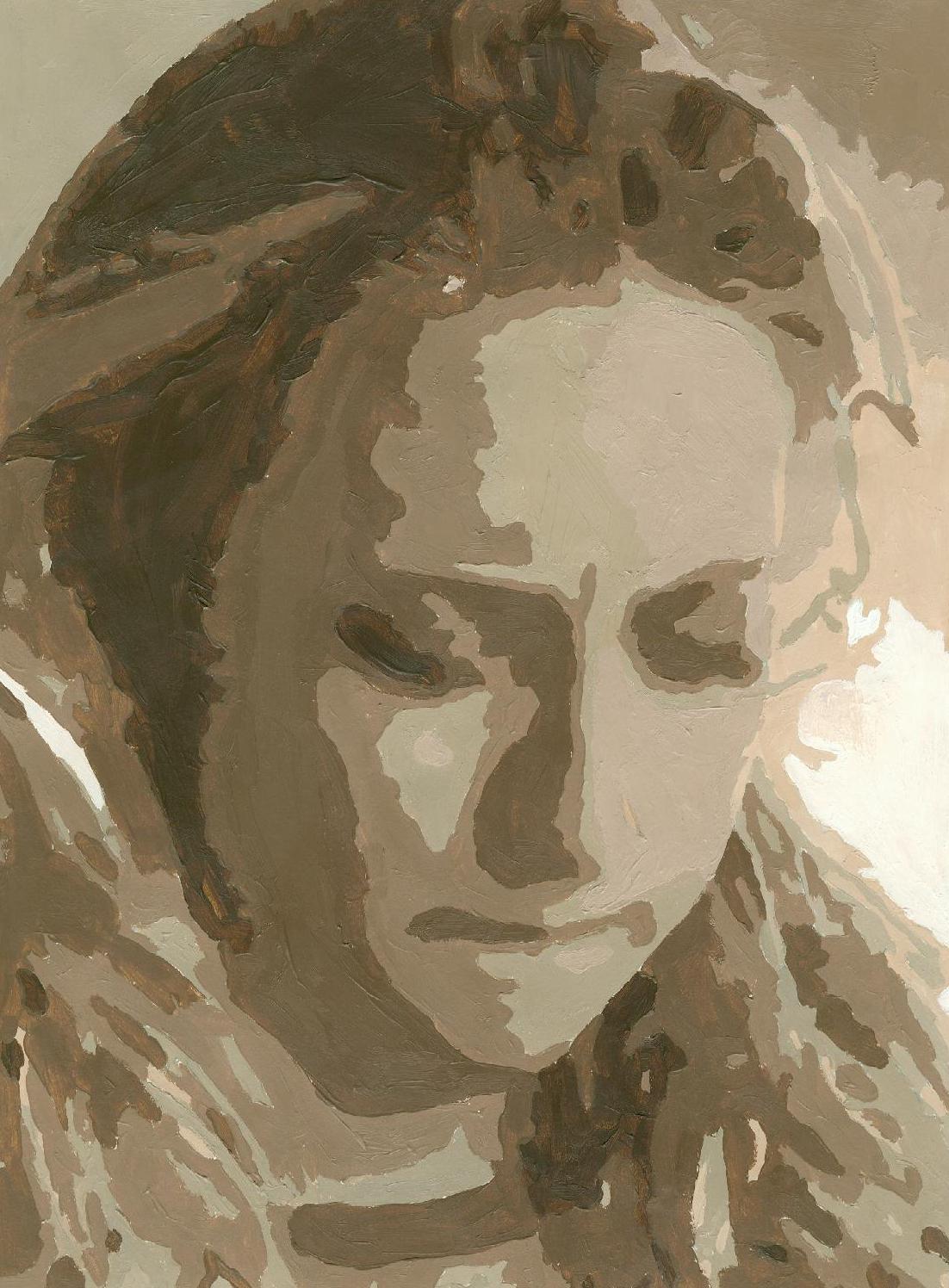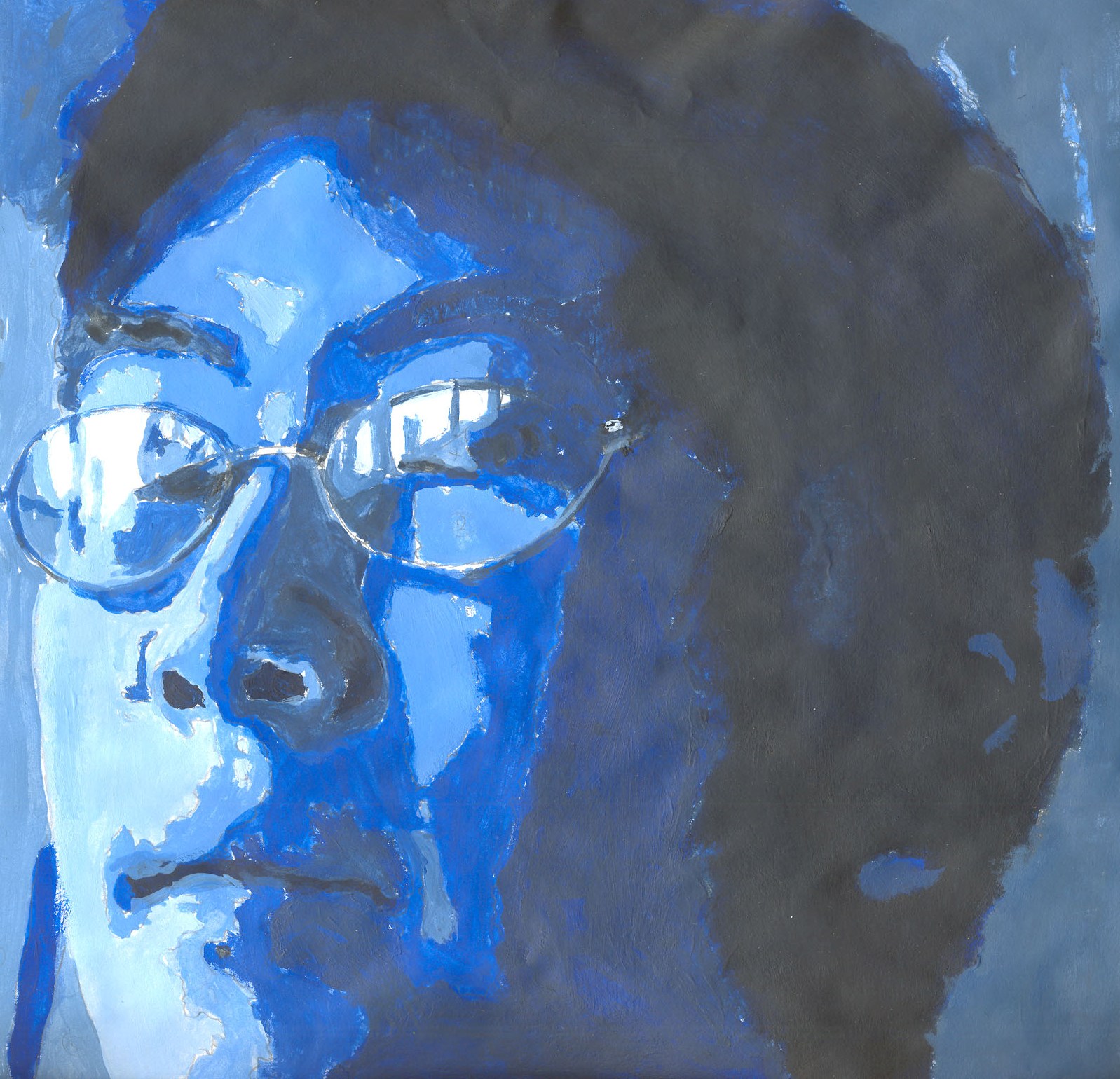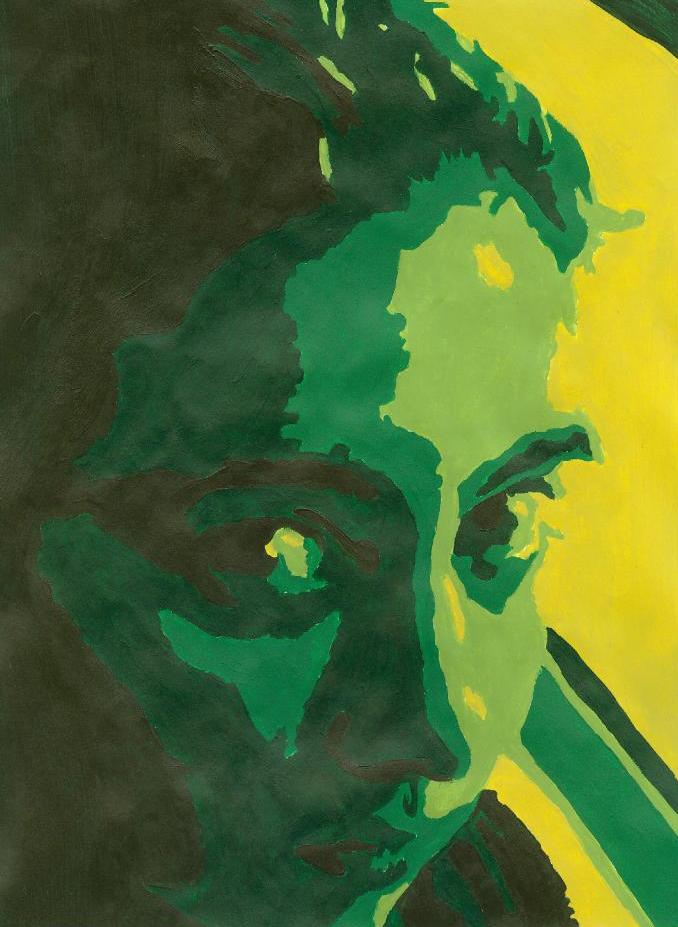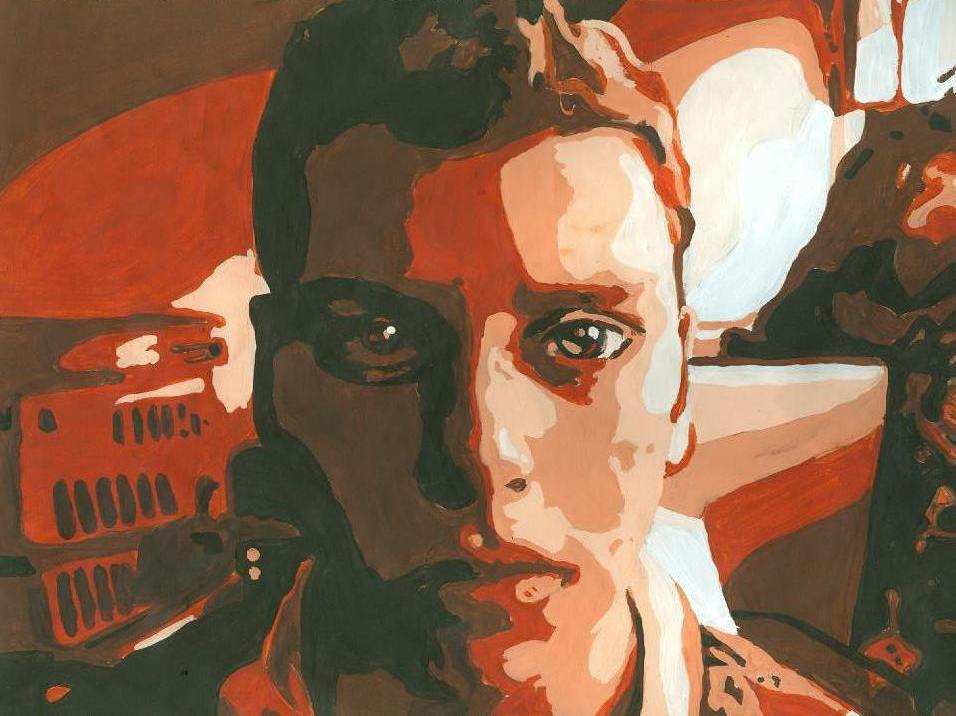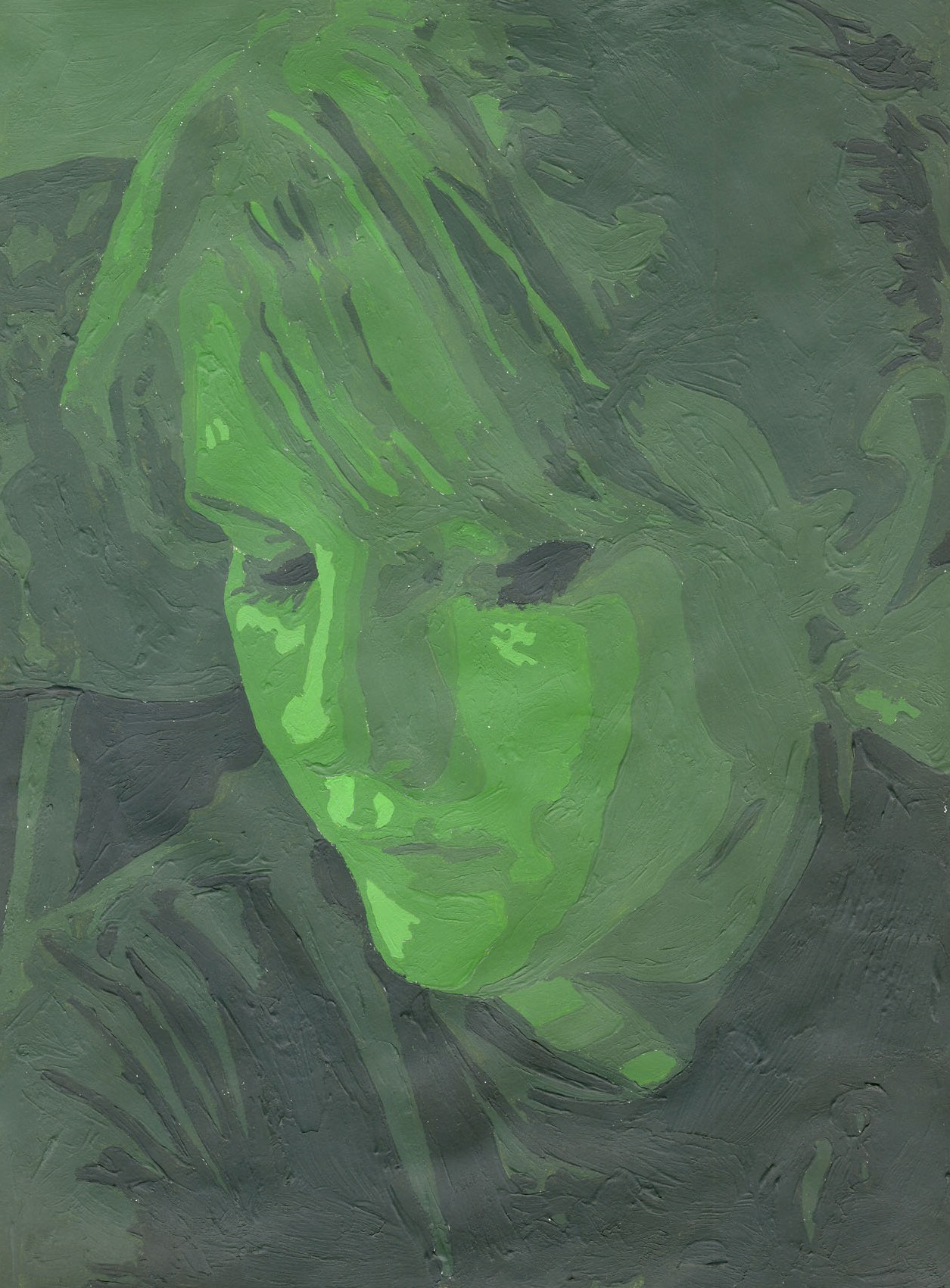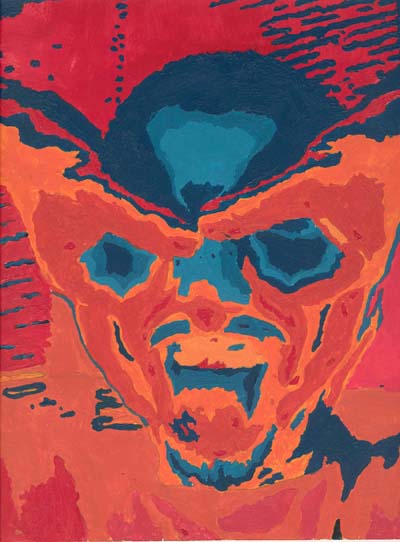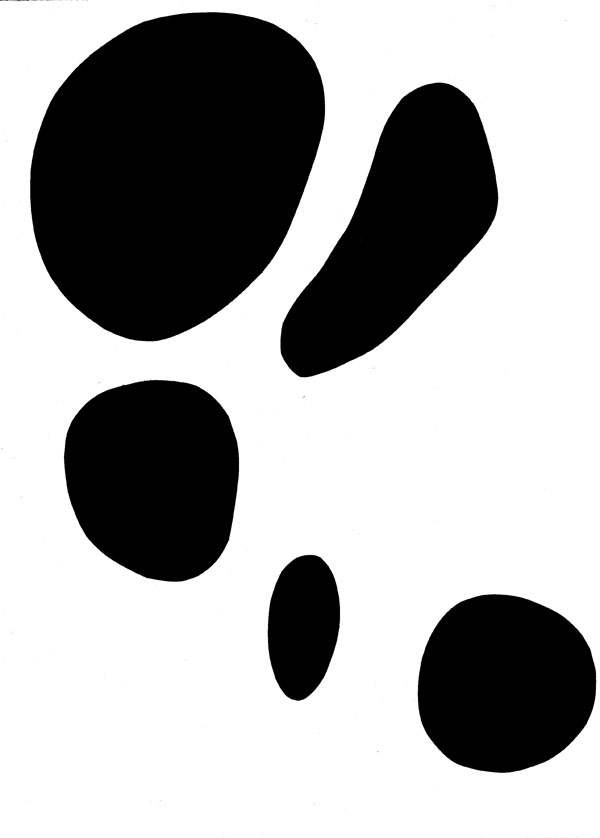
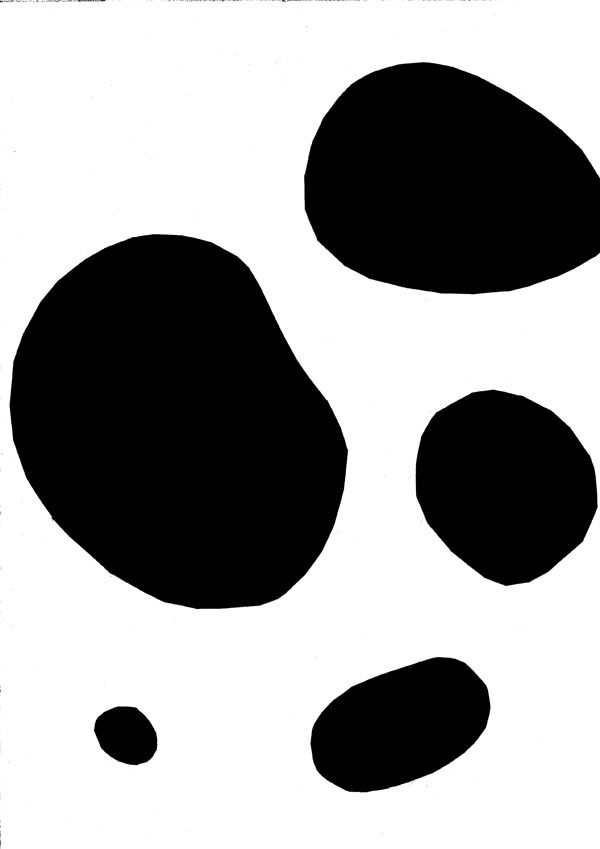 Black and white cut paper exercises from
Black and white cut paper exercises fromNotan: The dark-light principle in design

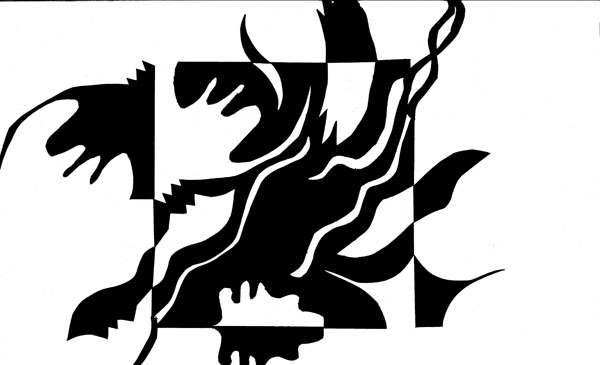
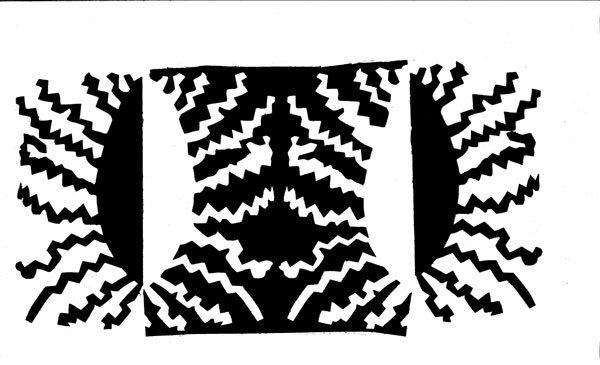
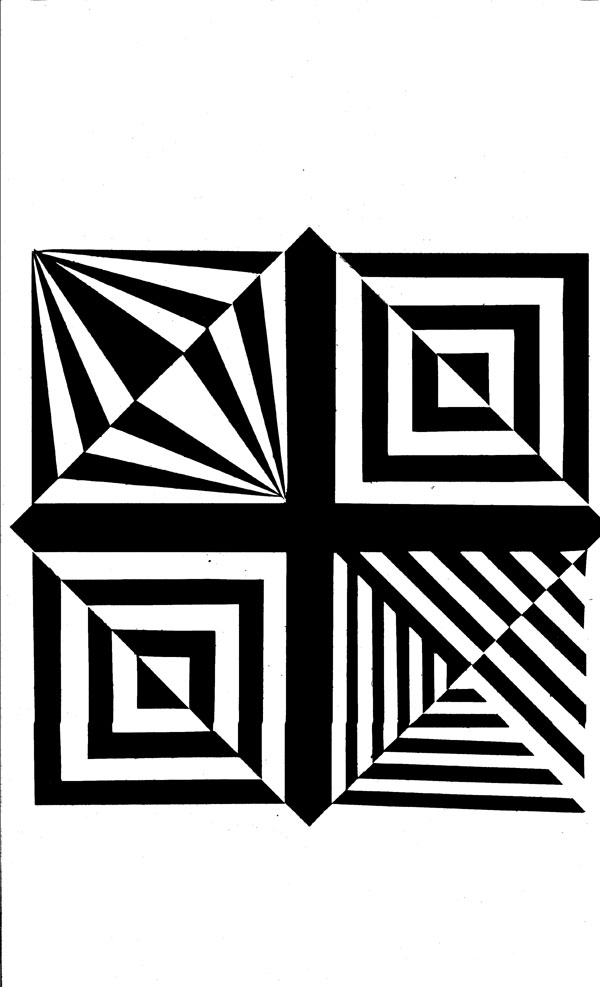
Student work from Design Fundamentals

 Black and white cut paper exercises from
Black and white cut paper exercises from
Notan: The dark-light principle in design




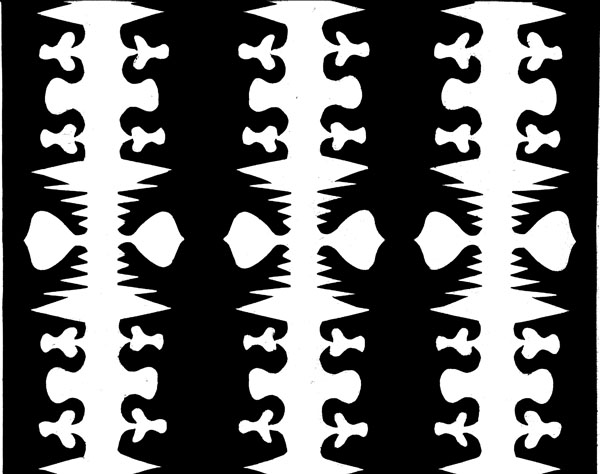
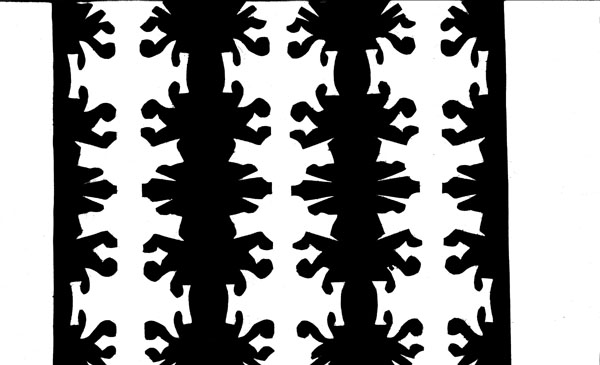
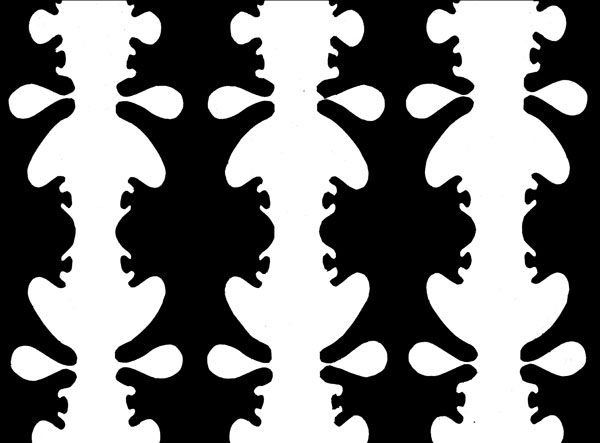
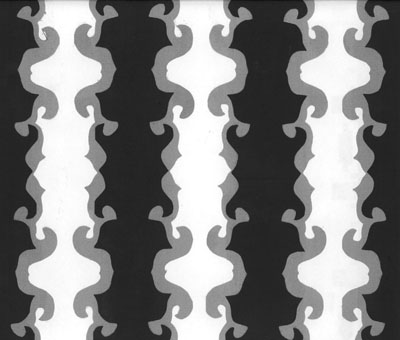
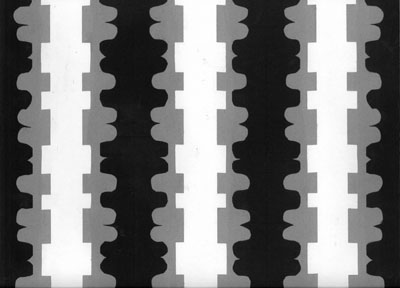
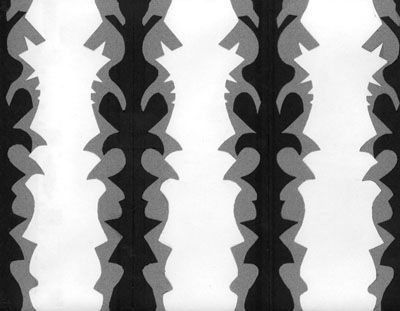
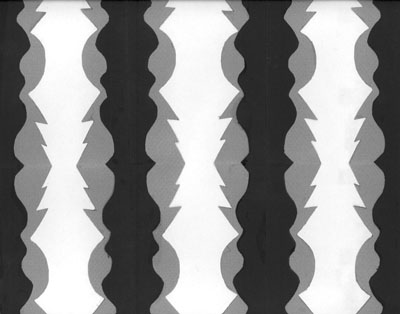
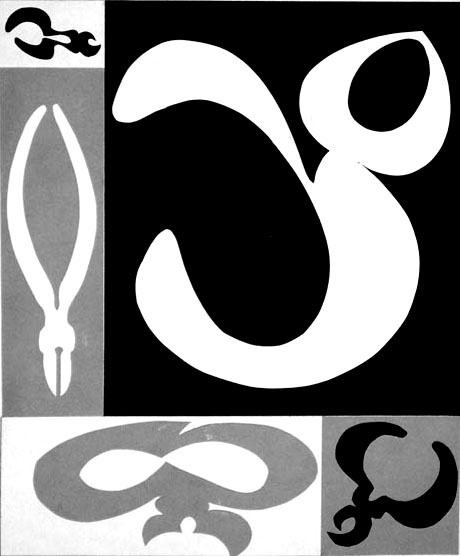
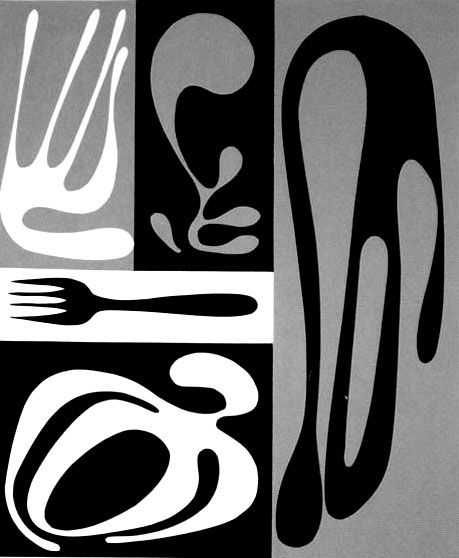
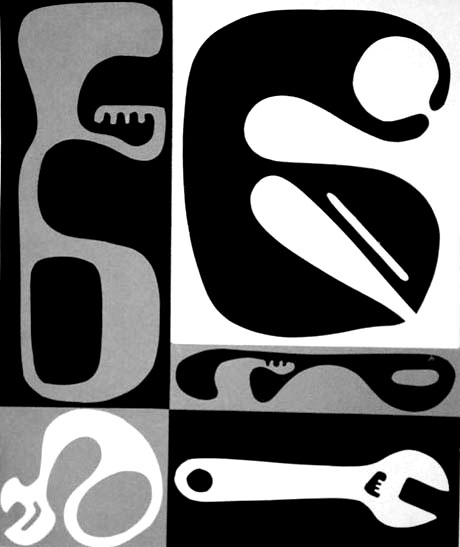
Less is more (adapted from an assignment in
Visual Literacy by Judith and Richard Wilde)
This project is about simplifying a three dimensional object into flat negative
and positive shapes. The students look at art examples of multiple images that
have been abstracted from one common object. They begin to understand that a
reductive approach-eliminating color and cropping opens up many possibilities
for design. They select their own common object and record it using a digital
camera and software. They proceed by translating the image into black and white
only, and experiment with mutltiple croppings. After selecting a favorite, they
hand paint it with a simple palette.
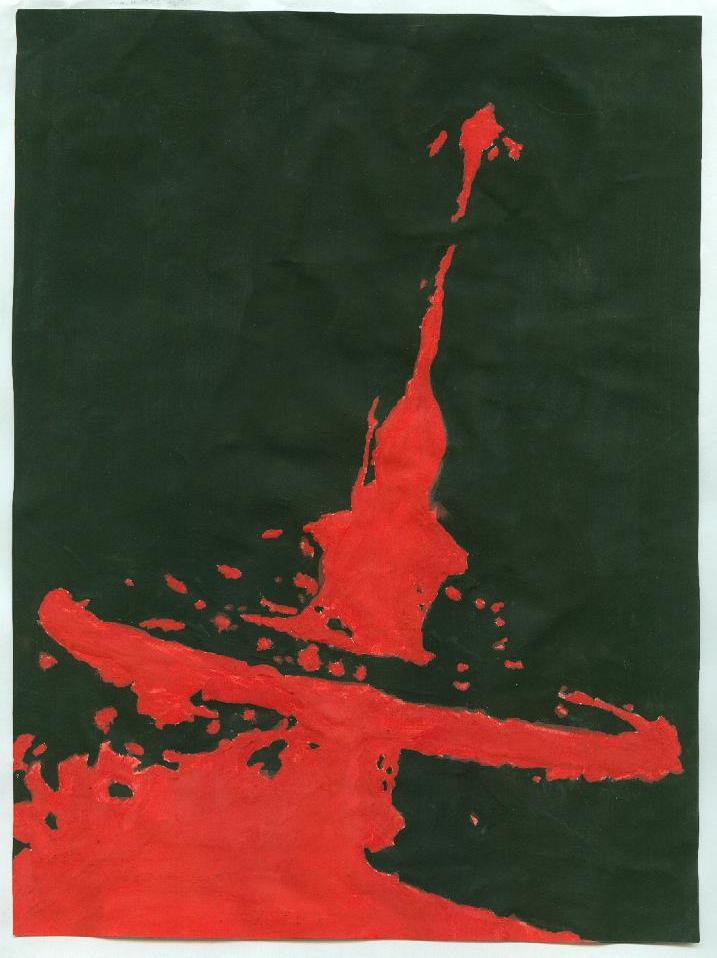
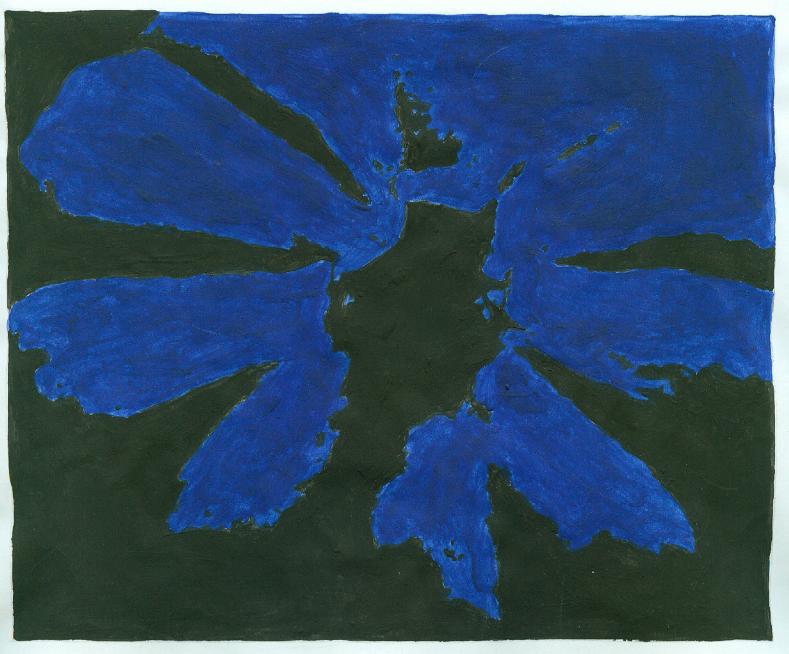
stemware
pumpkin
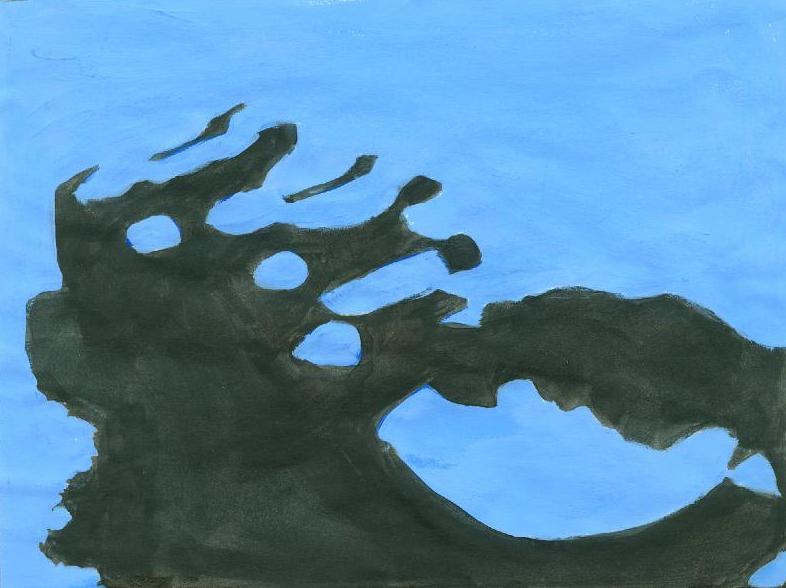
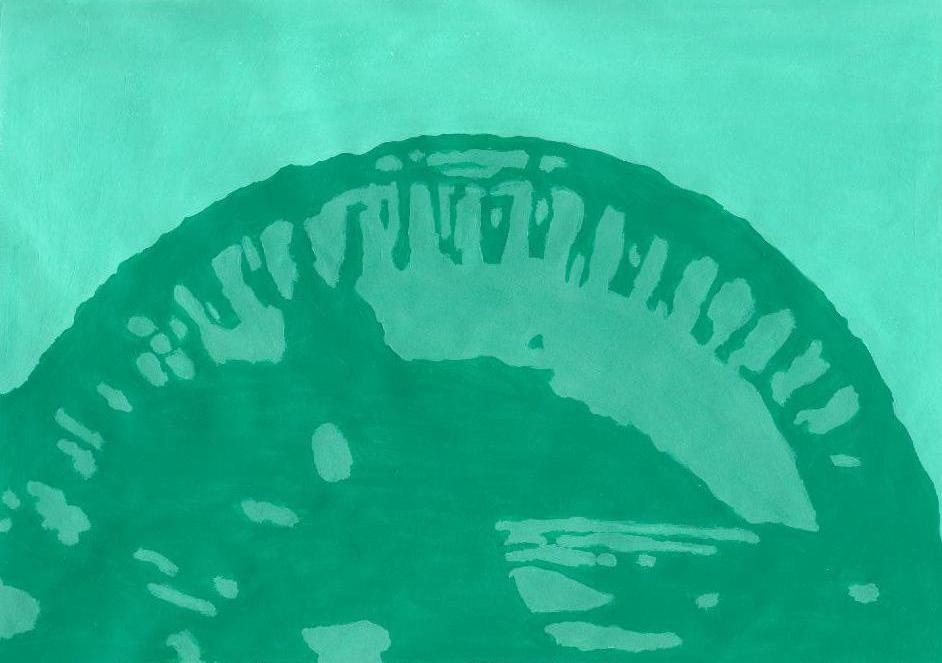
watch
eggbeater
Painting chiaroscuro (adapted from an assignment by
Richard Nierwerth)
This project is about translating the observed light of a three dimensional form
into a two dimensional progression of value steps. The students study the use of
photography in the photomontage process of Gilbert and George and painting
process of Chuck Close. They observe techniques in how to break down a seemingly
complex form-the human figure- into simple flat shapes. The students are
introduced to digital photography, photo editing software, and copier/printer as
basic design tools. Using these tools, the students trace a simplified black and
white self portrait onto white paper for painting. The students are encouraged
to explore beyond the typical monochromatic or tonal painting using tints and
shades of one color. They do some preliminary color studies such as replacing
white with yellow for light values, or replacing “out of the tube” colors with
tertiary mixtures. This results in more subjective and refined color choices.
Many students continue to expand upon the techniques they have learned in
working with the figure as subject matter.
